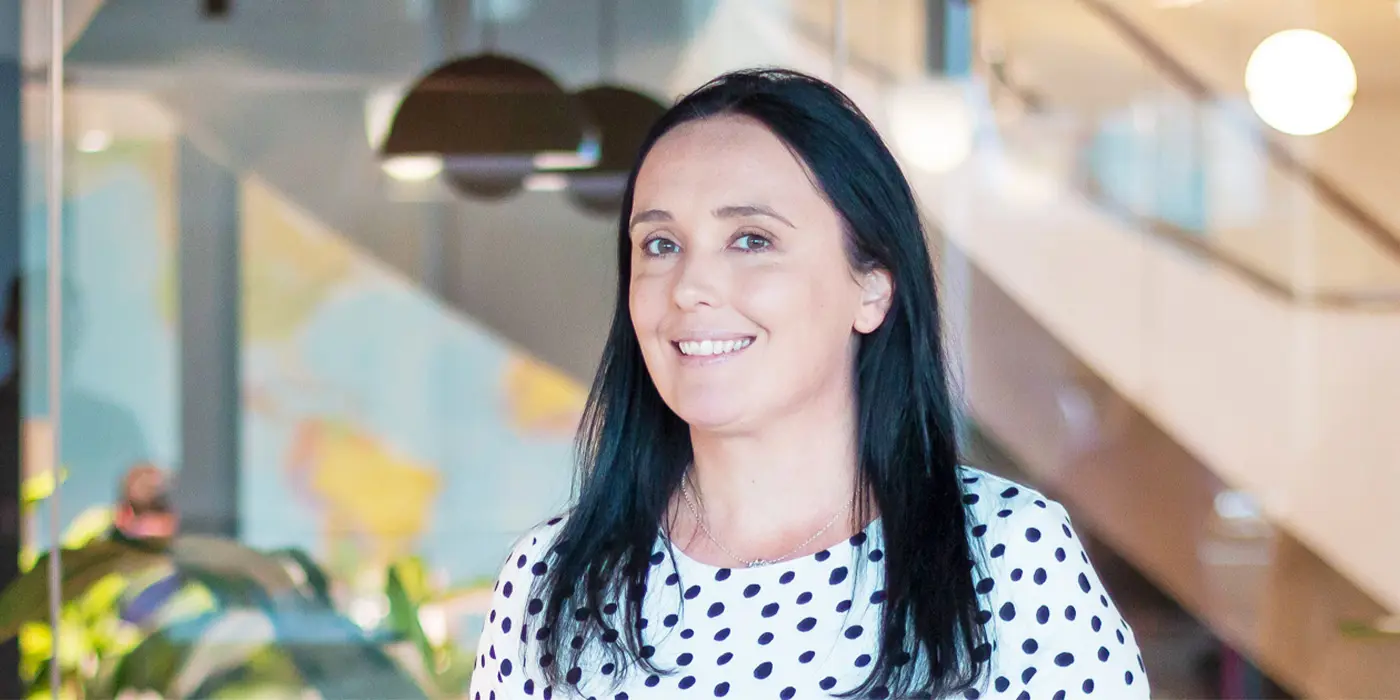
Baringa’s Ubuntu offering
11 October 2023
What is Ubuntu?
Ubuntu is a Southern African philosophy and inclusive way of life that, loosely translated, means “I am, because we are”. It teaches us, in the words of the Archbishop Desmond Tutu, that “Our humanity is caught up, is inextricably bound up, in others”. The bedrock of the philosophy is respect, for yourself and for others, and seeing the humanity in others.
Life in today’s complex society is so often filled with insider and outsider dynamics, which can all too often divide us. Ubuntu “I am because we are” is a philosophy of inclusion which shines light on the fact that we have more in common with others than we may at first think.
To bring Ubuntu to life it he context of the workplace, here are some common dynamics you might have encountered in your teams, that can make people feel excluded:
- Extroverted / Introverted
- Drinks alcohol / doesn’t drink alcohol
- Non-minority ethnic group / minority ethnic group
- Works from home / works in the office
Why do we believe creating an inclusive environment is integral to organisation’s success?
An inclusive culture refers to an environment where every individual, regardless of their background, identity, or characteristics, feels valued, respected, and as they belong. Cultivating an inclusive environment at Baringa, and within our client teams, sparks the creativity, innovation, and perspective to address some of organisation’s most complex problems together.
How do we use to Ubuntu philosophy to create inclusive teams?
We have all felt like an outsider at separate occasions within our lives, meaning we understand how psychologically painful an experience it can be. Yet, at times we may not be aware when we are perpetuating an environment in the workplace where people feel excluded.
Our Ubuntu workshop, is therefore an interactive session that looks to shed light on the dynamics in the team, before thinking about practical next steps to addressing these to create a more inclusive team:
- Raise Awareness: focus on insider/outsider dynamics rather than visible measures of diversity to illustrate the complexity and personal nature of diversity.
- Highlight Personal Impact: draw light on how everyone has a role to play in creating a more diverse workplace.
- Create a Commitment: Individuals make a personal commitment to being more inclusive and the group comes away with tangible and behavioural actions to foster an inclusive team.
As well as introducing the philosophy, to achieve these objectives, the workshop guides participants through several interactive breakouts to:
- Sharing Outsider Stories: Exploring what exclusion means to one another, by team members sharing examples of when they have felt like outsiders and discussing any common feelings experienced.
- Discussing team dynamics: Listing the dynamics are experienced within the team by team members raising dynamics felt or observed and discussing what they mean in practice.
- Mitigating team dynamics: Agreeing to a set of tangible and behavioural actions that the team can commit to, to make outsiders feel more included going forward.
How have our clients and people benefitted from Ubuntu?
Ubuntu workshops have been delivered over 300 members of our client teams, as well as 1,000 Baringa members of staff. Participants come away with a greater awareness of the blockers to inclusivity within their team, as well as a tailored set of actions that represent a collective commitment to inclusivity at work. Here a few examples of what participants have had to say about the workshop:
“Really well organised workshop, created lots of energy and really interesting discussion. I was skeptical coming into the workshop but really enjoyed it, not least getting to know colleagues and their perspectives”
“Excellent way to create a safe environment to surface some real team issues and challenges and get individual commitment to improving”
When asked “would you recommend this session to the rest of your organisation”, attendees have rated this as 4.7 out of 5 stars
If you would like to know more about Ubuntu, please get in contact with our Client Network team.
Our Experts

Is digital and AI delivering what your business needs?
Digital and AI can solve your toughest challenges and elevate your business performance. But success isn’t always straightforward. Where can you unlock opportunity? And what does it take to set the foundation for lasting success?